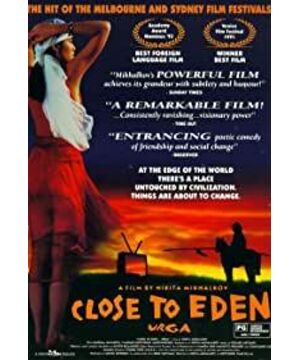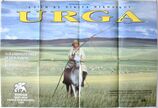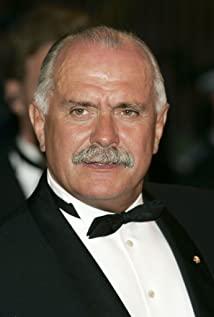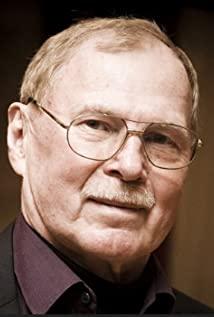Gossip less, get down to business. I think this film is worth paying attention to in two aspects. One is the issue of reproductive inheritance, and the other is the issue of spiritual inheritance from ancestors. Let’s talk about the first one first. Gang Bo in the opening movie, with a majestic momentum, waving the horse pole and galloping, chasing a woman in front (I really don’t understand the meaning of chasing her), and then pulling her off the horse Later, she tried to do her own thing, but she did not succeed under the resistance of the woman. Perhaps this hinted at a failure in rigidity at the outset.
But what happened next is not the same, because Gangbo already has three children, and her wife is complaining that he still wants to have a fourth child, and he doesn't have enough sexual ability. How can Gangbo have so many children? The problem is the birth policy. Overbirth does not comply with government regulations and brings difficulties to the family. The wife's solution was condoms, and Gangbo's indecision showed that he was torn between impotence and sexual exuberance (I wonder at the time that China should be a little more open to the reproduction of ethnic minorities, not to use the superbirth of the Han nationality. In a nutshell, it may be the director's misunderstanding?). Finally Gangbo's fourth child was finally born. From not being born to being born, a choice of repeated hesitation and argumentation, and finally there is no second answer, and it is still born.
From the name of the fourth child, Temujin, it comes to the second question, the inheritance of the spirit of the ancestors. The vast prairie calls for heroes to sweep everything and build meritorious deeds, but Gangbo is not an extraordinary person, an ordinary prairie person, the only imposing manner is in the beginning of the horse-riding gallop. After herding sheep, slaughtering sheep, and entering the city, he could live with ease in the grasslands, but outside the grasslands, he just felt at a loss.
So he pinned his hopes on his children. He told the children's myths and stories about his ancestors. He planned to name the fourth child Temujin. yearning. At this time, a Russian Serge came, who became the reflection of Gangbo, a bold and unrestrained man. Maybe he can't understand the inner feelings of the Gangbo people, but he will show the guilt of his ancestors more prominently.
When asked in the ballroom if he knew his ancestor's name, he was two or more generations old, but he was hesitant for three generations. The scene where he stared blankly lasted for a few seconds, and I was also shocked. I couldn't remember the names of my ancestors. I think of my indifference, forgetting my ancestors? Indifference? Not only me, but also many people are facing this real problem in modern society, that is: what is the name of your ancestors? How many were answered, and why did they forget? The dead soul was sung by the melody of "Song of the Soldiers". A name is just a body, but when there is no body left, the inner things such as the soul and the spirit are already thousands of miles away from us.
View more about Close to Eden reviews








